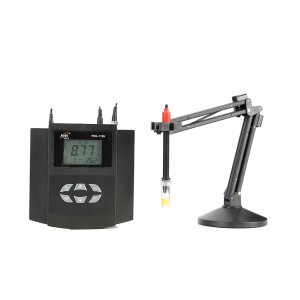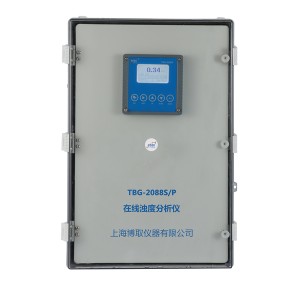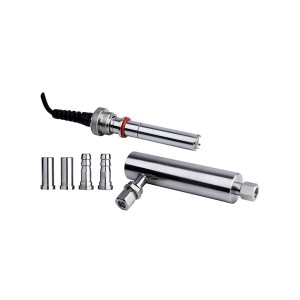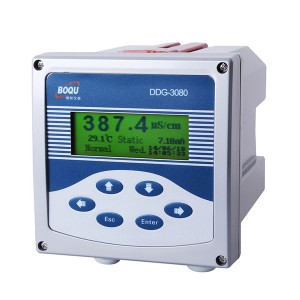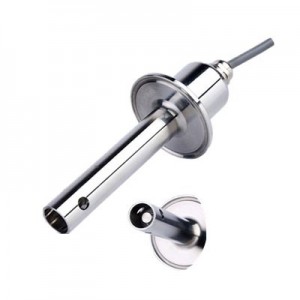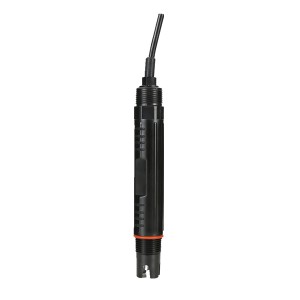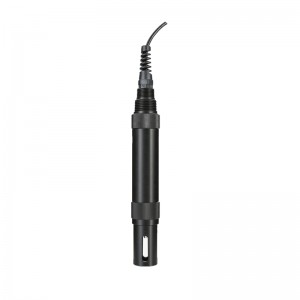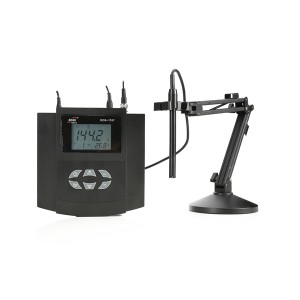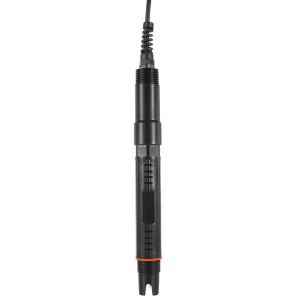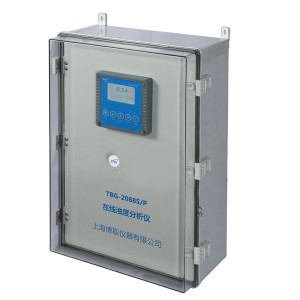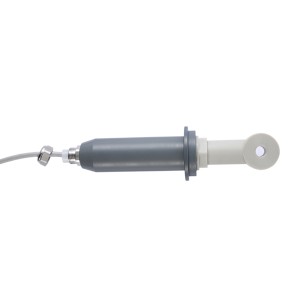This project was designated as a key construction initiative jointly promoted by the Hubei Provincial Department of Housing and Urban-Rural Development and Jingzhou Municipal Government in 2021, as well as a major initiative to ensure food safety in Jingzhou. It features an integrated system for the collection, transportation, and treatment of kitchen waste. Covering a total area of 60.45 mu (approximately 4.03 hectares), the project has an estimated total investment of RMB 198 million, with the first-phase investment amounting to approximately RMB 120 million. The facility employs a mature and stable domestic treatment process consisting of "pretreatment followed by mesophilic anaerobic fermentation." Construction commenced in July 2021, and the plant was commissioned on December 31, 2021. By June 2022, the first phase had achieved full operational capacity, establishing an industry-recognized "Jingzhou Model" for rapid commissioning and attainment of full production within six months.
The kitchen waste, used cooking oil, and related organic waste are collected from Shashi District, Jingzhou District, the Development Zone, Jinnan Cultural Tourism Zone, and the High-Tech Industrial Zone. A dedicated fleet of 15 sealed container trucks operated by the company ensures daily, uninterrupted transportation. A local environmental services enterprise in Jingzhou has implemented safe, efficient, and resource-oriented treatment processes for these wastes, contributing significantly to the city's efforts in energy conservation, emission reduction, and sustainable environmental development.
Monitoring Equipment Installed
- CODG-3000 Online Automatic Chemical Oxygen Demand Monitor
- NHNG-3010 Online Automatic Ammonia Nitrogen Analyzer
- pHG-2091 Industrial Online pH Analyzer
- SULN-200 Open-Channel Flowmeter
- K37A Data Acquisition Terminal
The wastewater discharge outlet is equipped with online monitoring instruments manufactured by Shanghai Boqu, including analyzers for chemical oxygen demand (COD), ammonia nitrogen, pH, open-channel flowmeters, and data acquisition systems. These devices enable continuous monitoring and evaluation of critical water quality parameters, allowing timely adjustments to optimize treatment performance. This comprehensive monitoring framework has effectively mitigated the environmental and public health risks associated with kitchen waste disposal, thereby supporting the advancement of urban environmental protection initiatives.




